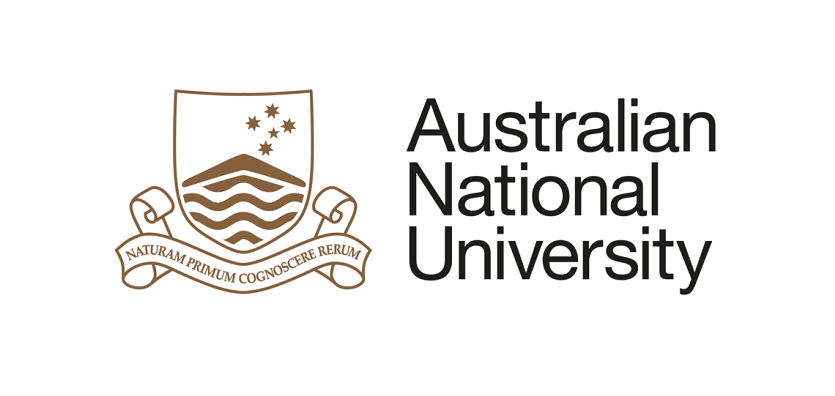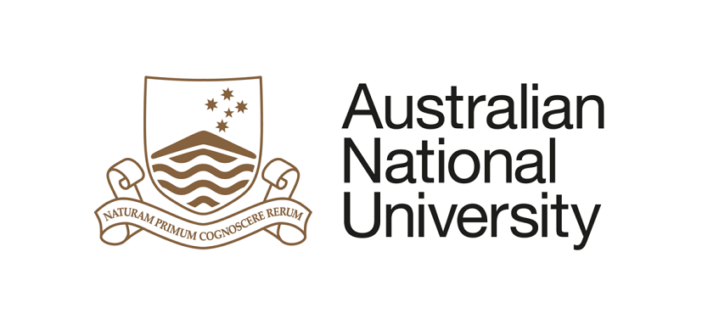
The 10 risks to human survival and how we can navigate them are outlined in new report released today.
A new report is calling for humanity to urgently prepare a plan so our species can survive and thrive well into the future in the face of multiple catastrophic risks.
The report, from the Commission for the Human Future (CHF), identifies 10 potentially catastrophic global risks, including pandemics of new and untreatable diseases.
Other major risks include ecosystem collapse, rising food insecurity, nuclear weapons, and global warming, sea level rise and a changing climate.
CHF Chair, Professor John Hewson, also based at The Australian National University (ANU), said the current COVID-19 pandemic has put these global risks and humanity’s need to act into sharp focus.
“The global pandemic we now face shows how short-term and blinkered are our horizons, how vulnerable and unprepared we are for threats that can shake or collapse our civilization, even extinguish us as a species,” he said.
“At present, no government in the world has a plan for meeting all these risks, for dealing with them as a total system and for finding the best and safest way out of them.
“This lack of preparedness means humanity will continue to be ambushed by unforeseen crises.
“This report is a call to all nations and all people.”
The new report stems from a roundtable held at ANU in March which brought together leading experts across a range of fields including heath, climate change, economics and public policy.
Dr Arnagretta Hunter, the inaugural ANU Fellow for the Human Future and CHF board member said while the threats were “grim”, the Commission had a message of hope.
“We can turn things around if we can get the right people out in the front, giving the right messages. If we clearly understand the nature and causes of the risks, devise integrated solutions – and take early action to defuse them,” Dr Hunter said.
“The longer the delay, the greater the penalty, both economic and in human lives.
“We need to convince our fellow citizens of Earth of the necessity to commit ourselves and every belief system we hold, to survive and thrive. We must recruit the best and brightest young humans, not to make arms, but to build the process for surviving and thriving for the whole of humanity.”
The report outlines a roadmap for how humanity can survive and thrive, including ending climate change.
“An emergency climate action plan must be adopted globally. The coronavirus experience provides, at a smaller scale, a template for the type of action required, and offers current leadership an opportune moment to abandon the present delay in responding to climate change,” Dr Hunter said.
“It is strongly urged that countries adopt, at a minimum a 50 per cent CO2 reduction target by 2030. This is achievable, both economically and technically.”
Other steps humanity can take include ending food security, banning nuclear weapons, repairing the global environment and cleaning up the planet.
“To survive and thrive we also need to develop a more eco-centric vision of our future rather than an anthropocentric or econo-centric one, one that fosters a natural world that is capable of sustaining not only humans, but all the other species, habitats and ecosystems which support life on the planet,” Professor Hewson said.
“For this it is essential that humanity develops a shared understanding of the nature and causes of the risks, that we devise integrated solutions – and that we take early action to defuse them. The longer the delay, the greater the penalty, both economic and in human lives.”
Download the full report here.
About the Commission for the Human Future
The Commission for the Human Future was born out of an ANU workshop organised in 2017 by Emeritus Professor Bob Douglas on existential risks, and is dedicated to developing solutions for the greatest challenges in human history – including ecological collapse, resource depletion, global warming, global poisoning, food insecurity, population and urban expansion, and pandemic disease, war and conflict.
The Commission is governed by a Board that involves a number of prominent current and emeritus ANU academics, including Bob Douglas, John Hewson, Judith Healy, Sharon Friel and Russell Gruen.






